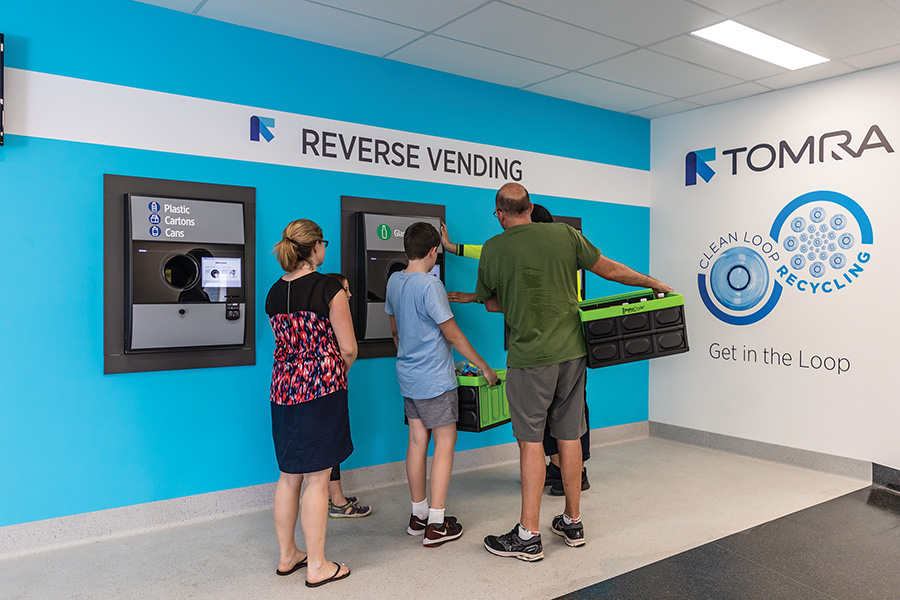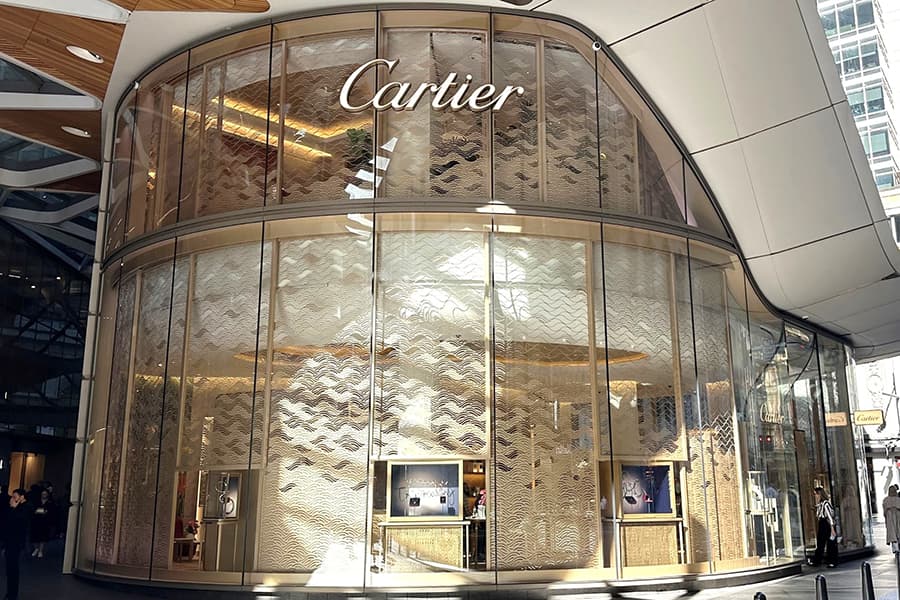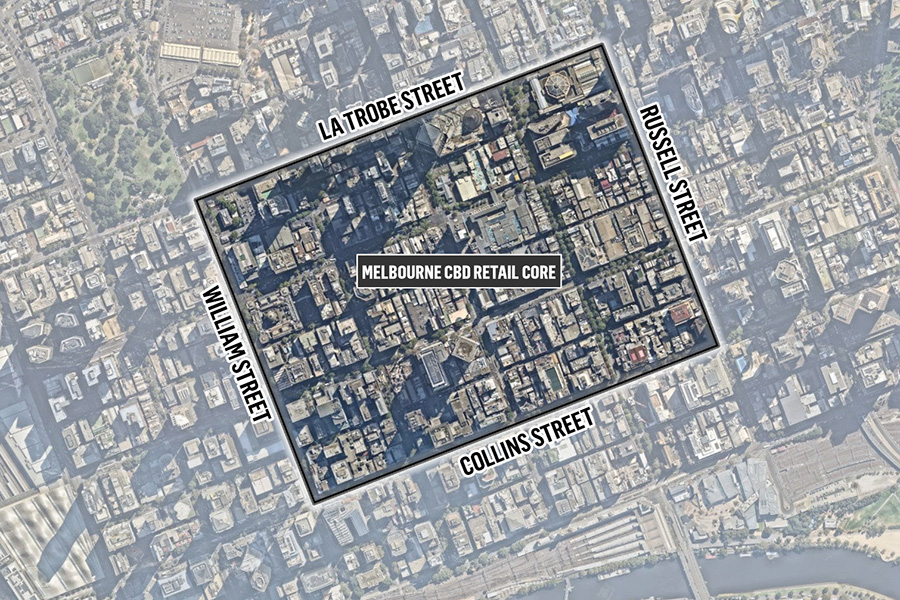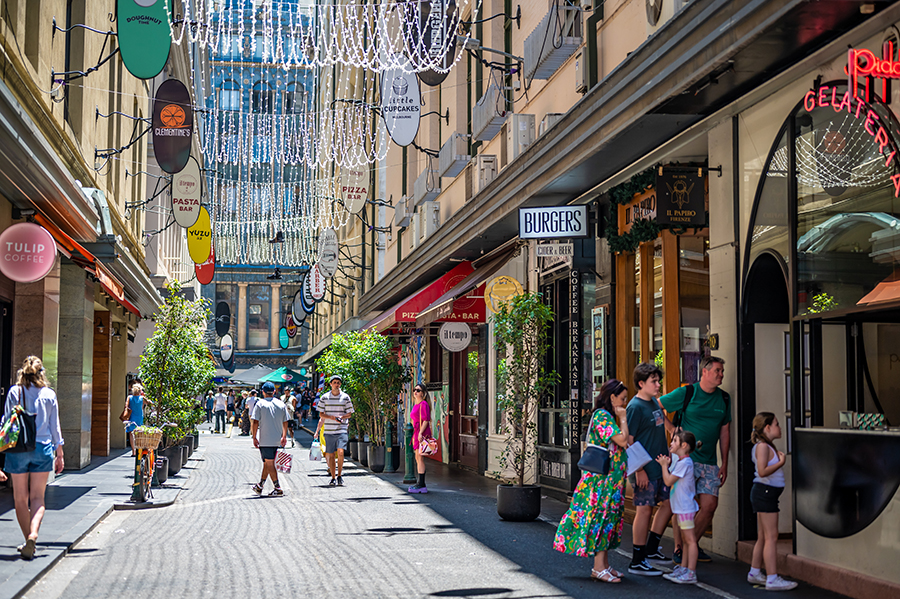The link between sustainability, the environment and what and how we buy, is strengthening. It will affect our tenancy mix, the retailers we choose to have in our centres, and a variety of other issues we deal with daily.
While Australian consumers have always been conscious of the social and environmental impacts of their consumption, a large gap still exists between their intentions and actions. This issue is identified as the attitude-behaviour gap, which indicates that while consumers are generally concerned about ethical issues, their actions and engagement are not commensurate in accordance. This attitude-behaviour gap has begun to narrow in recent years.
Consumers in Australia and around the globe are increasingly taking direct action to adjust their purchasing behaviours to bring about social, economic and environmental change.
Generation MillZ
The emergence of the Millennials and Generation Z (those who were born after 1996), collectively known as ‘Generation MillZ’, are the largest consumer segment in the developed world. Generation MillZ now makes up 40% of the Australian working population and are greatly influenced by social media activism.
According to a recent study by Deloitte, climate change is their most important concern. Another survey by HP Australia and Planet Ark further indicates that Australian consumers are increasingly shifting their consumption – they’re willing to pay more toward products and services that align with their ethical values.
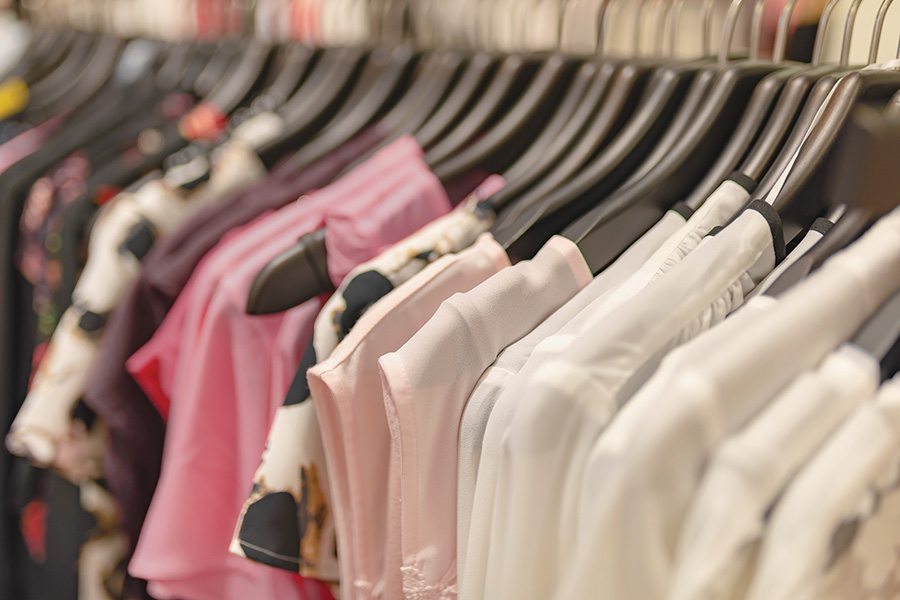
Brands that haven’t paid attention to improving the quality of their offering have struggled with sales in recent years, while those at the higher end of the market continue to prosper
Quality over quantity
These trends are consistent with our analysis, which reveals consumers are increasingly shying away from low-quality, disposable products to opt for durable and high-quality merchandise.
As a result, brands that haven’t paid attention to improving the quality of their offering have struggled with sales in recent years, while those at the higher end of the market continue to prosper. The recent collapse of Forever 21 and the closure of 30 Big W stores nationwide highlights these challenges.
With a generation easily influenced by social media and marketing, retailers must focus on quality, value proposition and brand positioning to meet the ethical demand of today’s consumers.
Some successful examples include brands such as H&M, which is committed to supply chain transparency. H&M publishes a list of 98.5% of its suppliers’ names and addresses on its website and updates it on a quarterly basis. Other brands such as David Jones, Myer and ALDI are also committed to driving positive social and environmental change through their supply chains. These initiatives are yielding results with examples such as Australian shoemaker, R.M. Williams, which focuses on sustainability and longevity, having to double its production to meet the rising demand.
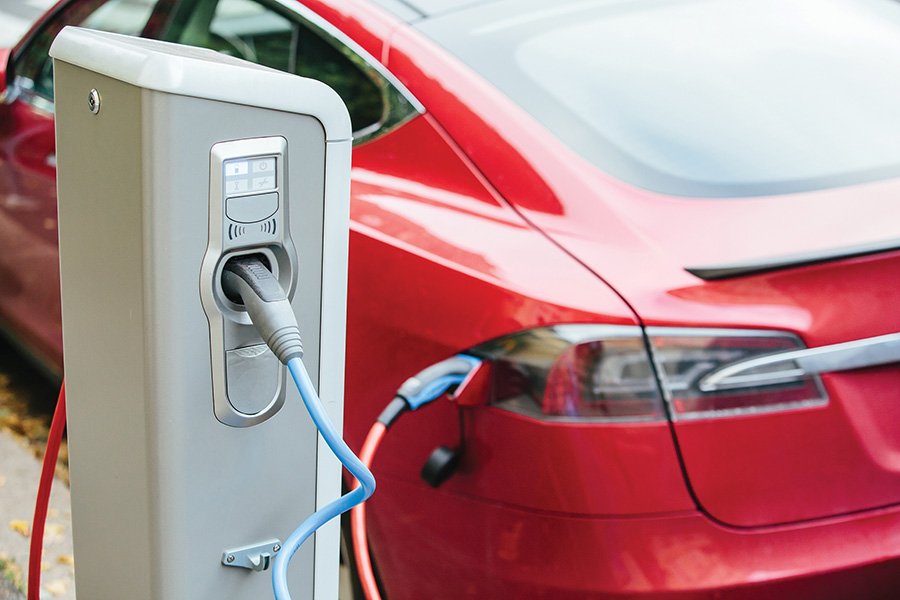
Implications for the retail industry
The growing movement towards sustainable consumption is having significant implications for the retail industry in Australia. Consumers increasingly expect retailers and shopping centre owners to actively drive environmentally sustainable businesses as part of their corporate social responsibility. Information transparency and local community engagement are other key considerations.
The retail landscape is changing – major retail brands are competing on values, ethics and sustainability rather than just low prices. In the future, from a tenancy mix point of view, more space allocation may be given to brands that focus on durability and sustainability to meet the ethical expectations of consumers and society.
Sustainability initiatives will become the norm and must be integrated into the daily operations of centres. Some of which include environmentally-friendly transportation arrangements, electric vehicle charging stations, recycling stations, energy and water-efficient solutions and solar-power.
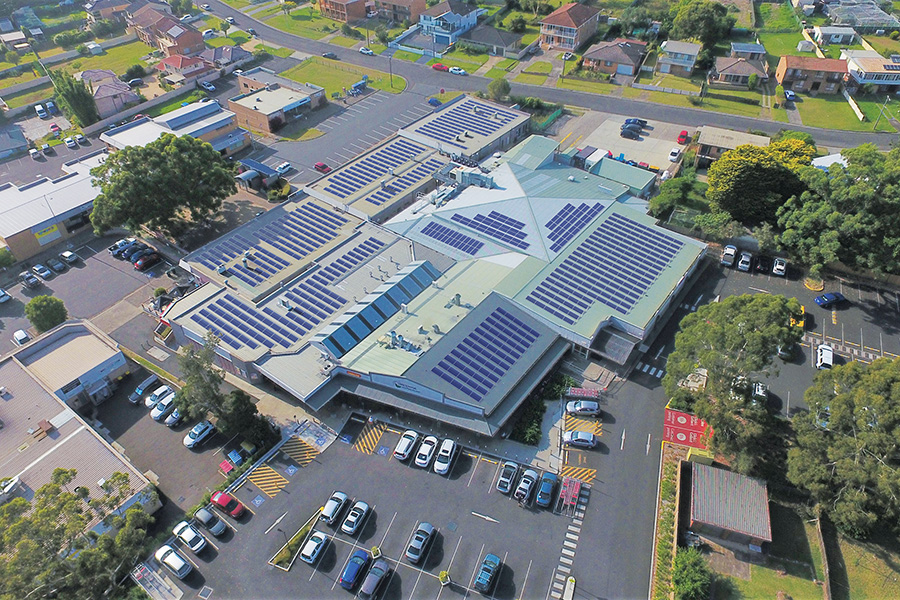
Solar Bay specialises in funding the installation of energy infrastructure and selling back electricity to businesses
All major shopping centre owners such as Westfield, Vicinity Centres, AMP Capital, Dexus and Lendlease, among others, are at the forefront of this evolution.
Colliers International is also helping to deliver sustainability solutions by working with companies such as Solar Bay and TOMRA. Solar Bay specialises in funding the installation of energy infrastructure and selling back electricity to businesses, while TOMRA provides reverse vending solutions for used bottles and cans. Conscious consumerism will drive further development in the sector for businesses who can assist with sustainable practices.



